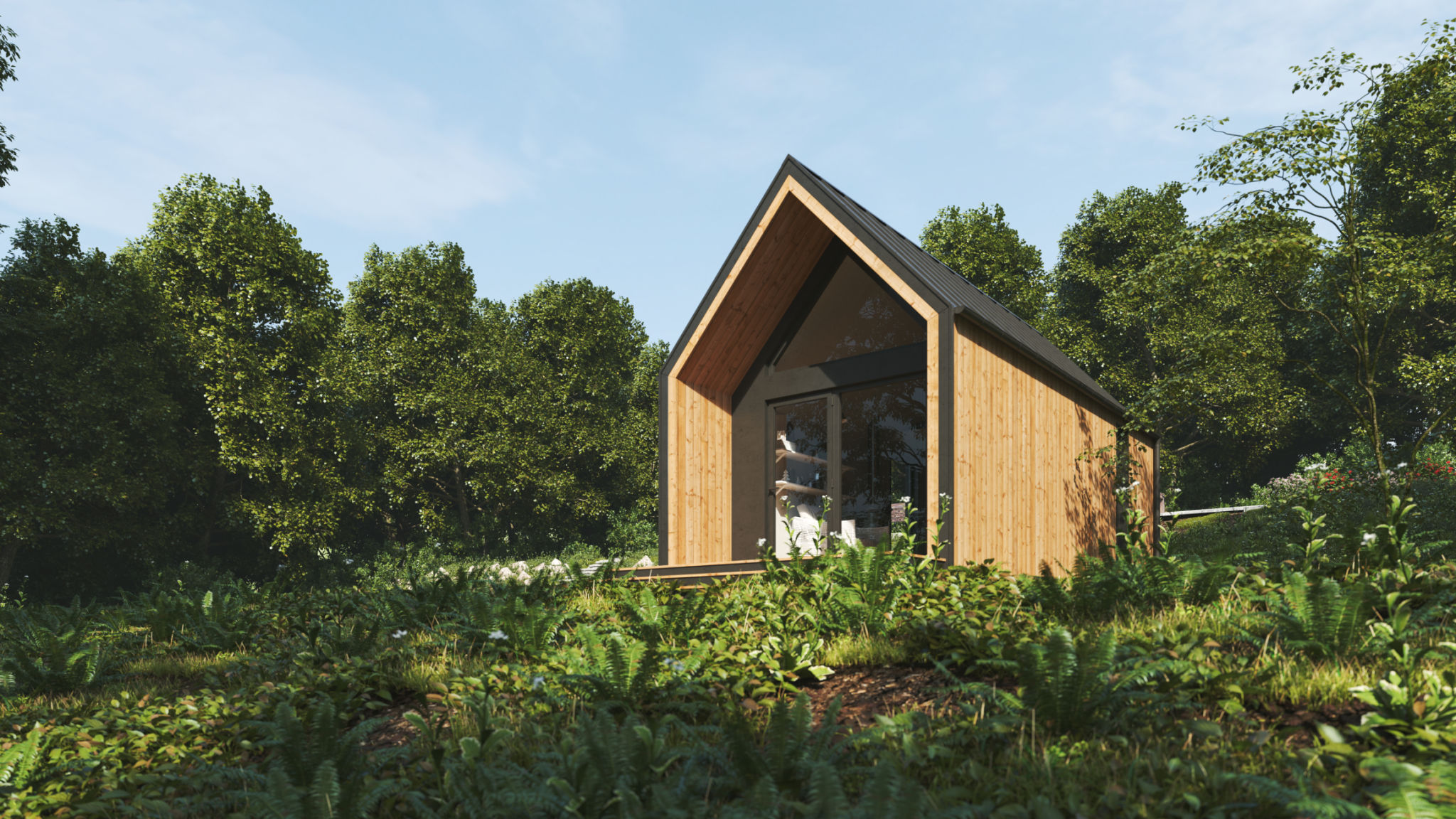The Importance of Local Regulations in Magallanes Residential Construction
Understanding Local Regulations
When it comes to residential construction in Magallanes, understanding and adhering to local regulations is crucial. These regulations are designed to ensure safety, maintain community aesthetics, and protect the environment. By following these guidelines, builders and homeowners can ensure that their projects are both compliant and sustainable.
Local regulations often encompass a range of considerations, from building codes and zoning laws to environmental protection measures. These rules help create a harmonious balance between development and the preservation of the region's natural beauty.

The Role of Building Codes
Building codes are a set of standards that apply to residential construction projects. In Magallanes, these codes are essential for ensuring that structures are safe and durable. They cover aspects such as structural integrity, electrical systems, plumbing, and fire safety. Compliance with building codes is not just a legal requirement but also a fundamental aspect of responsible construction practices.
Adhering to building codes can also affect the overall cost of a project. While it might seem like an additional expense upfront, following these codes can prevent costly repairs and modifications in the future.

Zoning Laws and Their Impact
Zoning laws play a significant role in shaping the residential landscape of Magallanes. These laws dictate what can be built where, influencing everything from the height of buildings to their proximity to other structures or natural features. Understanding zoning laws is vital for developers and homeowners who wish to embark on new construction or renovation projects.
By respecting zoning laws, residents can ensure that their projects do not disrupt the community's character or infringe on the rights of their neighbors. It also helps maintain property values by preserving the overall look and feel of the area.
Environmental Considerations
Magallanes is known for its stunning natural surroundings, and local regulations aim to protect these landscapes. Environmental laws may include restrictions on deforestation, water usage, and waste management during construction. Adhering to these regulations helps safeguard the environment for future generations while ensuring that construction projects are eco-friendly.

Implementing sustainable building practices not only complies with local regulations but also enhances the long-term value of the property. Green building techniques, such as energy-efficient designs and materials, can reduce utility costs and appeal to environmentally-conscious buyers.
The Consequences of Non-Compliance
Failing to adhere to local regulations in Magallanes can result in significant consequences. These may include fines, legal action, or even the demolition of non-compliant structures. Additionally, non-compliance can lead to project delays and increased costs due to necessary adjustments or corrections.
Homeowners and builders must stay informed about any changes in local regulations to avoid these pitfalls. Regular consultations with local authorities and professionals can ensure that projects meet all necessary requirements from start to finish.
Conclusion
In summary, understanding and following local regulations in Magallanes is crucial for successful residential construction projects. From building codes to zoning laws and environmental protections, these regulations play a vital role in maintaining safety, community aesthetics, and environmental sustainability.
By prioritizing compliance, builders and homeowners can contribute positively to the community while ensuring the long-term success of their projects.

